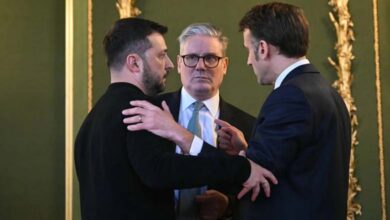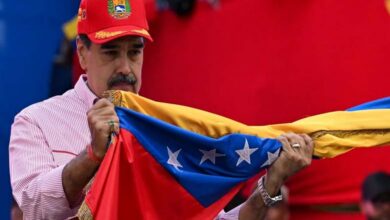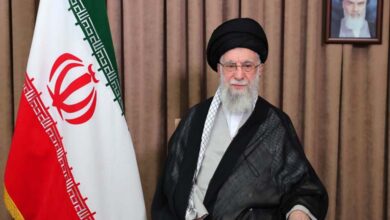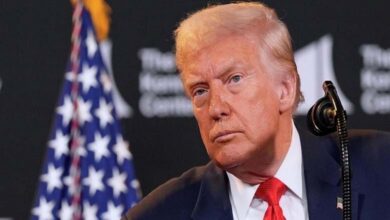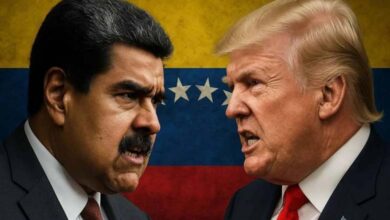EU committee visits Tunisia to discuss political reforms
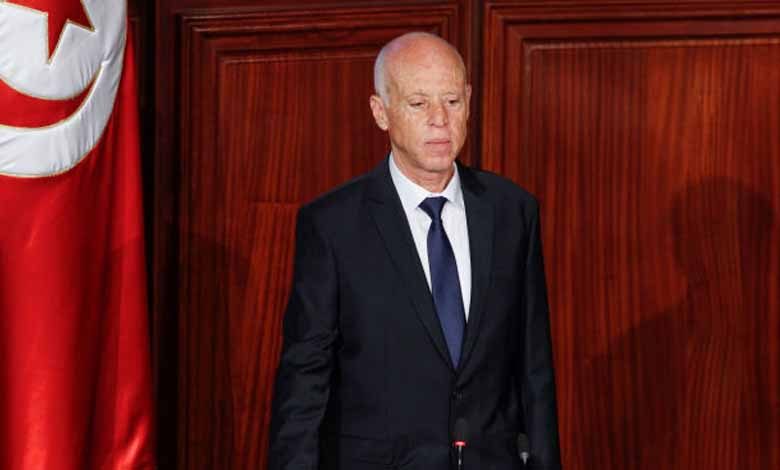
Members of the European Parliament’s Foreign Affairs Committee will visit Tunisia next week for consultations on the path of “political reforms and the return to institutional stability”, the European Union (EU) mission in Tunis said Thursday.
“Members of the European Parliament’s Foreign Affairs Committee will visit Tunisia to conduct consultations on Tunisia’s path towards political reforms and a return to institutional stability”, the EU Delegation in Tunisia said in a statement posted on its website.
“During the visit, which will take place from 11 to 13 April, a high-level delegation from the European Parliament will meet with the President of Tunisia and representatives of the government, political parties and civil society to discuss how the EU can continue to support Tunisia in the process of political reforms and the strengthening of democracy”, it added.
The European Union expressed its “deep concern” over the dissolution of the Assembly of Representatives of the People in Tunisia (parliament) and the prosecution of some of its deputies, but did not mention measures or pressure against the authorities, which the opposition always seeks to promote.
The delegation will consist of Michael Galler, head of the delegation, with Javier Nart (Renewal Europe bloc), Jacob Dallund (Green Bloc/Free European Alliance) and Andrea Kozolino (Progressive Alliance of Socialists and Democrats) as members.
The statement said that the delegation will discuss with the relevant parties the possibility and means of the European Parliament’s support to Tunisia in the process of preparing for the (legislative) elections expected at the end of 2022.
According to the EU Mission in Tunisia, the delegation will pay special attention to the economic situation in Tunisia and the best way in which the EU can support the Tunisian authorities in implementing economic reforms for the benefit of all Tunisians in light of the economic and food security crisis, the global pandemic and the effects of the Russian aggression on Ukraine.
Tunisia has been seeking assistance from the International Monetary Fund, and discussions are underway in the hope of reaching an agreement.
Tunisian President Kais Saied decided to dissolve the parliament in response to a number of his deputies holding a virtual session to end the exceptional measures that were approved on July 25th.
On July 25th, Saied took extraordinary measures, notably freezing the parliament’s immunity, dissolving the previous government, and dismissing its president, Hichem Mechichi.
Saied also issued a calendar of important political dates, including a referendum on the constitution on July 25 and early legislative elections on December 17.




